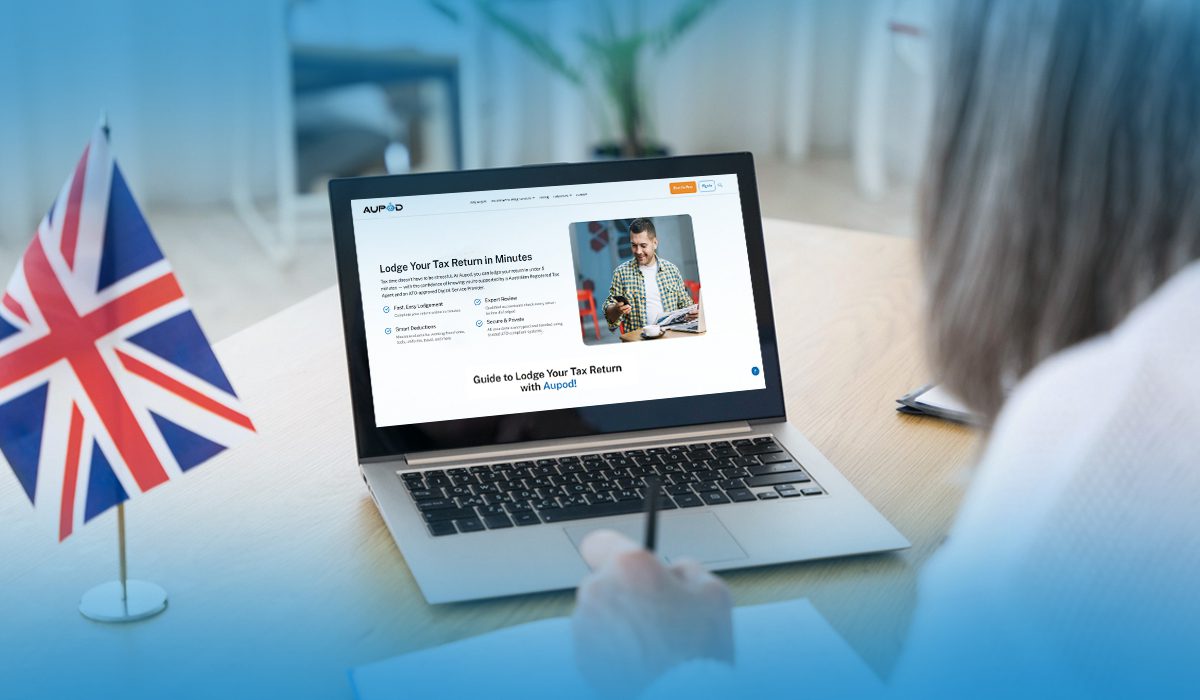If you’re a sole trader in Australia, the recent ATO tax cuts might make a big difference to your take-home income. Starting from the 2024–25 financial year, the government will roll out new personal income tax rates. These changes are part of the third stage of the tax reform plan.
This article breaks down what the changes mean, especially if you run your own business. It also explains how to make the most of the new rules and keep your tax affairs in order.
Understanding the ATO Tax Cuts for 2024–25
These tax cuts are aimed at middle-income earners. The goal is to reduce tax pressure, make the tax system easier to follow, and give Australians more control over their money. That includes people running small businesses.
As a sole trader, you pay tax at individual tax rates. That means when tax rates drop, you get to keep more of your income. This can help you grow your business, build up savings, or just manage your day-to-day expenses more easily.
Why Tax Cuts Matter for Sole Traders
If you’re a sole trader, your business income is treated as personal income. You lodge a standard individual tax return each year. You’re not an employee, so there’s no automatic tax taken out. Unless you’re using PAYG instalments, you handle tax payments yourself.
The lower ATO tax rates will apply to more of your income. Whether you earn $50,000 or over $100,000, you’ll likely pay less tax than you did last year. The exact benefit depends on your income, but most sole traders will see some savings.
How This Affects Your 2024–25 Tax Return
Sole traders can claim many work-related expenses at tax time. These can include tools, phone and internet bills, software, home office expenses, and more. With the lower tax rates in place, every dollar of deduction could make a bigger difference to your final tax bill.
To get the best outcome, your records need to be accurate. Using accounting software or hiring a tax agent can help you track expenses and claim the right deductions. It also reduces the risk of errors when lodging your return.
PAYG Instalments and What to Watch For
If you’re on the PAYG instalment system, you make regular tax payments throughout the year. These payments are based on your last tax return. But with the 2024–25 tax cuts now in place, you may be paying too much.
If your instalments are too high, your cash flow might take an unnecessary hit. If they’re too low, you could end up owing more tax later. It’s worth reviewing your PAYG setup with a registered tax agent. They can help you adjust your instalments so they better reflect your actual tax liability under the new rates.
Common Tax Deductions You Shouldn’t Miss
Some of the most claimed deductions by sole traders include home office running costs, vehicle and travel expenses, insurance premiums, marketing and advertising, equipment costs, and training fees.
These are considered normal business costs. Claiming them properly could lower your taxable income and reduce what you owe. Make sure your receipts and records are complete and stored in a secure system.
Why Smart Accounting Matters More Than Ever
Having a reliable system for tracking your income and expenses can make tax time much easier. It also helps you stay informed about how much tax you’re likely to pay and whether you’re saving enough through the year.
Your accounting setup doesn’t need to be complicated. But it should be up to date. This includes regular checks of your financial reports, BAS lodgements, and super contributions. Staying on top of your figures can also help you respond to tax policy changes, like those introduced for 2024–25.
Examples of How Tax Cuts Could Help Sole Traders
Let’s say you’re a plumber earning $60,000 a year. Under the new rates, you could save around $1,200 on tax. If you’re a freelance designer making $90,000, the cut could leave you $1,800 better off. A consultant earning $120,000 might save up to $2,500.
These savings can be used to cover rising business costs, purchase new tools, or top up your super. They’re a real financial boost, not just theoretical benefits on paper.
What Else Might Change After 2025?
While the current tax cuts are locked in for the 2024–25 financial year, future changes are always possible. The government may introduce new deductions, adjust GST rules, or bring in temporary incentives for business owners.
Staying informed is important. Working with a registered tax agent can help. They can update you on any policy changes that might affect your tax position. They can also help you prepare early so you’re never caught off guard.
How Aupod Supports Sole Traders Through Tax Changes
At Aupod, we specialise in tax and accounting services for sole traders, freelancers, and small businesses across Australia. As a registered Tax Agent and ATO-approved Digital Service Provider, we combine smart tech with professional advice.
You can lodge your tax return in just 10 minutes. Every return is reviewed by a real accountant. We also help you claim every deduction you’re entitled to, from your home office to your work tools. You don’t even need to pay upfront if you choose our fee-from-refund option.
Whether you’re just starting out or already established, we make tax time simple and stress-free.
What You Should Do Next
If you haven’t lodged your 2023–24 return, now’s a good time to do it. It’s also wise to review your PAYG instalments if you’re on the system. Start tracking business expenses as early as possible in the new financial year. And don’t hesitate to speak with a tax expert about how these changes apply to your situation.
Book a free consultation with Aupod to discuss your next steps.
Final Thoughts
The ATO tax cuts for 2024–25 are a real opportunity for sole traders to reduce their tax bill. With the right plan, you can keep more of what you earn and put it to good use. Don’t miss out. Whether it’s reviewing your instalments, claiming the right deductions, or lodging on time, Aupod is here to help.
Ready to make the most of this financial year? Get in touch with Aupod today.



